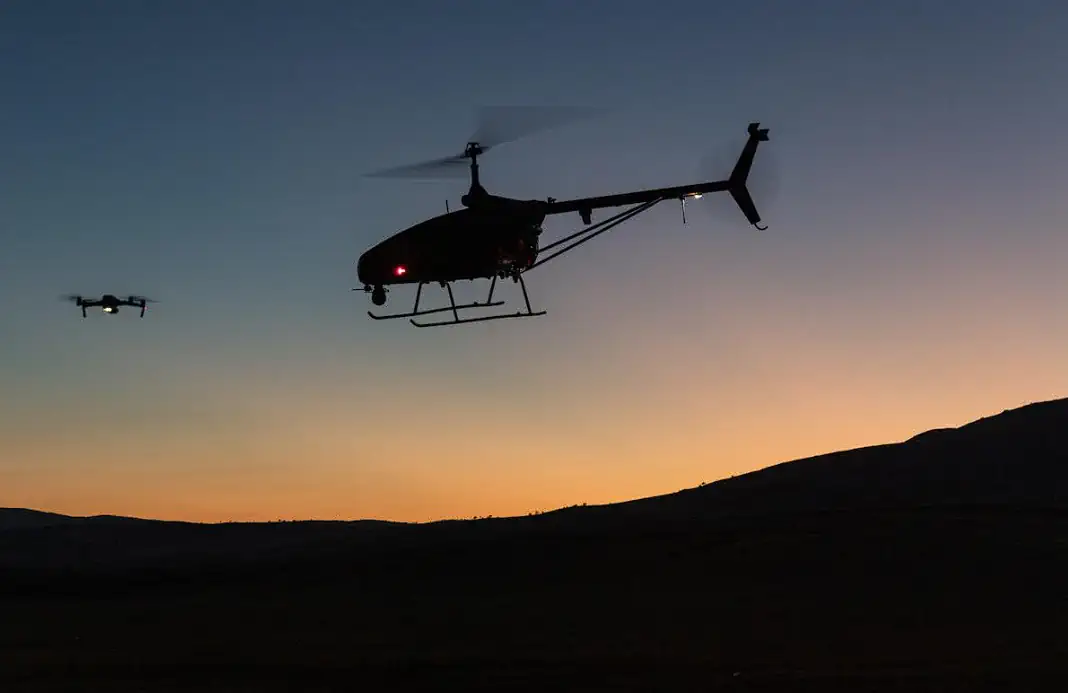
UAVOS partnered with its client to test UAVOS’ autopilot system using computer vision. UAVOS’ Engineering Service supported this testing with its advanced avionics system integrated into its unmanned helicopter. The use of computer vision in drone navigation systems is an advanced approach that aims to set up new standards for autonomous drone navigation and safety.
The UAVOS autopilot system leveraged advanced computer vision and AI to navigate the UAV in GNSS-denied environments with unprecedented precision and reliability.
The onboard computer vision-based alternative navigation module with deep learning algorithms provided the UAVOS avionics system with the geospatial coordinates. Computer vision enabled accurate, resilient navigation during both day and night, offering safe take-off and landing independent of the UAV. This method for acquiring and processing enabled the drone to “see” and interpret its environment, allowing it to navigate autonomously without needing GNSS.
“Our engineering support of this project will help our clients to leap forward in drone technology,” said Aliaksei Stratsilatau, CEO of UAVOS. “By enabling truly autonomous flight in complex environments, we are empowering businesses and organizations to leverage drones in new ways. This technology is not just about improving efficiency; it’s about fundamentally changing how we approach tasks that were once too dangerous or difficult for humans to undertake.”
About UAVOS
UAVOS Inc. develops and manufactures security and commercial solutions based on advanced Unmanned Systems with an international investor base. UAVOS technology, products, and tailored services include multi-role UAVs, unique proprietary autopilots, advanced communication systems, UAV components, and experiential training. UAVOS is involved in stratospheric R&D projects having developed the HiDRON meteo missions stratospheric glider and the HAPS ApusDuo autonomous aircraft.
Discover more from sUAS News
Subscribe to get the latest posts sent to your email.

